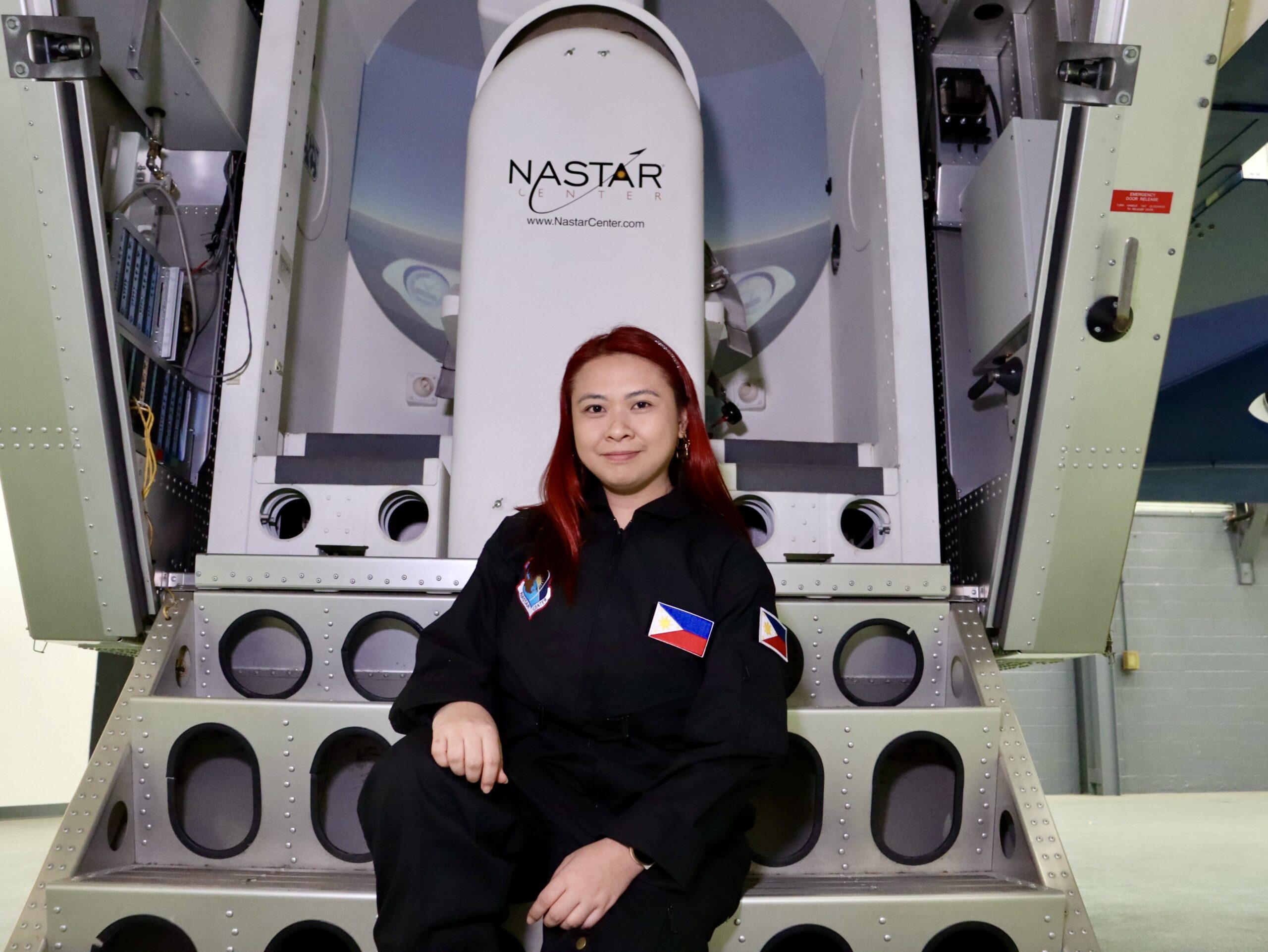Dreams often begin with a single person daring to look beyond what seems possible. For Kristine “Tin” Atienza, however, the dream is not hers alone, it is a vision for an entire nation. She imagines a Philippines that does not stand at the edges of discovery but takes its place among the countries shaping the future of space exploration.
“My ultimate dream is for the Philippines to take an active and bigger role in space exploration, not just by sending people to space but by contributing science and technology and solutions that matter for humanity,” Atienza said. “I want to see Filipino-led research flying on missions, and Filipinos training to be the next space explorers. My mission is just a starting point, the bigger dream is to build a spacefaring culture where our country is recognized as a significant contributor, not just expectators.”

Her vision is anchored not only in technological advancement but also in representation and inspiration. Having grown up in the Philippines, Atienza understands the power of seeing someone who shares the same experiences breaking through barriers. “I hope my journey shows young Filipinos, especially women and girls, that space is not a distant dream, it’s something that we can claim as our own,” she explained. “Representation matters, when you see someone who looks like you, comes from where you come from, experiences the Filipino everyday life in the province, or taking the MRT to work or to school, and that same person can go to outer space, it changes what you believe is possible. I want them to know their voices are powerful and that science and space need them too.”
For Atienza, the Philippines’ role in Southeast Asia’s space future is equally important. “I hope that the Philippines becomes the center of human spaceflight in the region, and that the Philippines can be a bridge-builder in SEA’s space future,” she shared. She envisions the country leading in areas where it already has strengths and opportunities: “I see us contributing especially in areas like space nutrition, agriculture, health, and systems that support human life beyond Earth. We may not launch rockets yet, but we can be leaders in human-centered science that supports long-duration missions for the region.”

Her words reflect not only ambition but also a challenge to Filipinos who might feel that their dreams are too far out of reach. “If you feel your dreams are ‘too big,’ that’s a sign they’re worth chasing, because they will expand what’s possible for you and for others,” she said, offering a message of courage and hope.
And if she becomes the first Filipino to cross into space, she knows the moment will be about far more than herself. “I’d want the world to remember that when a Filipino flag crosses the Karman line for the first time and a Filipino holds it, it wasn’t just about one person. It’s about an entire nation daring to believe that we belong to space. And that moment would be just the beginning. There are so many frontiers to explore, and the true goal is for more Filipinos to follow.”
For Atienza, the dream is not simply to reach the stars, but to ensure that the path stays open for others. Her vision is one where young Filipinos can see themselves in the universe of possibilities, and where the Philippines stands as a proud contributor to space exploration in Southeast Asia and beyond.


